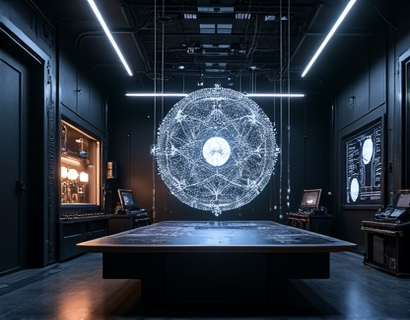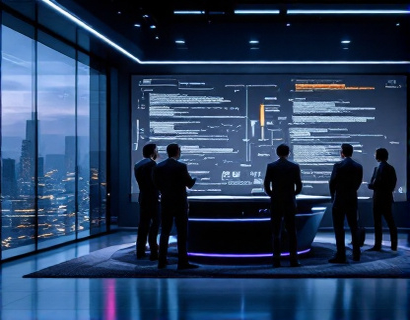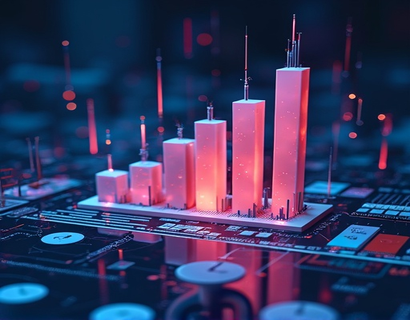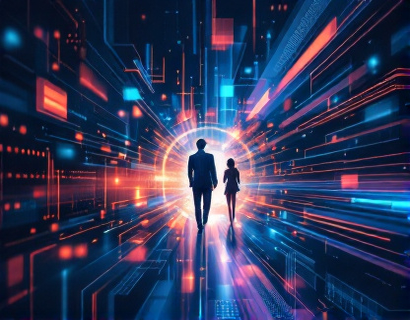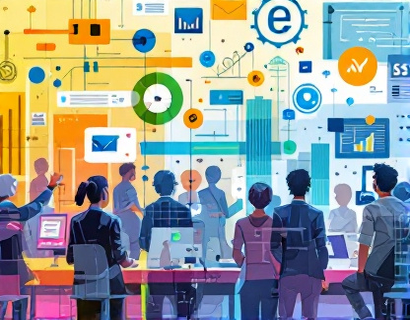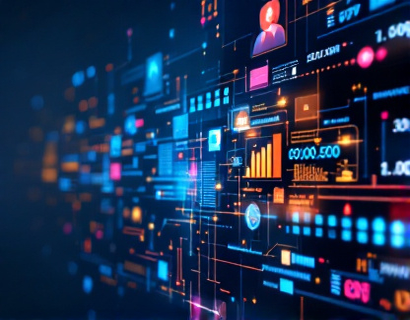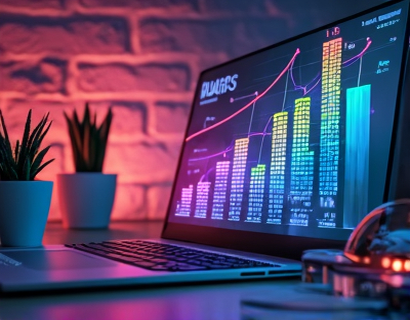Transforming the Olympic Experience: AI-Powered Insights and Community Engagement
The Olympic Games, a global spectacle of athletic excellence and unity, have captivated audiences for centuries. In the digital age, the way fans engage with the Olympics is evolving rapidly, thanks to advancements in artificial intelligence and real-time data processing. This article delves into how AI-powered platforms are revolutionizing the Olympic experience, offering fans unparalleled insights, live updates, and a vibrant community to connect and celebrate the spirit of the Games.
Real-Time Insights and Live Updates
One of the most significant advancements in Olympic coverage is the ability to receive real-time insights and live updates. Traditional broadcasting methods often lag, providing delayed information that can disrupt the viewing experience. AI-powered platforms change this by aggregating data from multiple sources, processing it instantly, and delivering updates to fans as they happen. This includes detailed statistics on athlete performances, real-time scores, and instant replays of key moments.
These platforms use machine learning algorithms to analyze vast amounts of data, from athlete biometrics to environmental conditions, to provide comprehensive insights. For instance, fans can access detailed breakdowns of an athlete's performance, including speed, heart rate, and technique analysis. This level of detail was previously only available to sports analysts and journalists, but now it's at the fingertips of every fan.
Enhanced Fan Engagement Through AI Chat Platforms
AI-powered chat platforms are transforming how fans interact with the Olympics. These platforms use natural language processing (NLP) to create a conversational interface, allowing users to ask questions, share thoughts, and engage with a community of like-minded enthusiasts. The chatbot technology can understand and respond to a wide range of queries, from asking about medal standings to discussing the historical significance of certain events.
The interactive nature of these chat platforms fosters a sense of community among fans. Users can join discussions, create groups based on specific interests, and even participate in polls and quizzes. This engagement not only enhances the viewing experience but also builds a global community of Olympic enthusiasts who can connect and share their passion regardless of geographical boundaries.
Personalized Content and Recommendations
AI algorithms can analyze user preferences and behavior to deliver personalized content and recommendations. Whether a fan is more interested in track and field, swimming, or figure skating, the platform can curate a tailored feed of news, videos, and updates. This personalization ensures that each user has a unique and relevant experience, keeping them engaged and informed throughout the Games.
Moreover, these platforms can suggest events and athletes to follow based on a user's past interactions. For example, if a fan frequently engages with content related to sprinting, the platform might recommend upcoming sprint events and highlight key athletes in that discipline. This level of personalization makes the Olympic experience more enjoyable and immersive.
Accessibility and Inclusivity
AI-powered platforms also focus on making the Olympic experience more accessible and inclusive. For fans with disabilities, features like text-to-speech, sign language interpretation, and descriptive audio can enhance the viewing experience. Additionally, multilingual support ensures that fans from different parts of the world can follow the Games in their native language, breaking down language barriers and fostering a more global community.
The accessibility features extend to the chat platforms as well. Users can interact using various methods, including voice commands, text input, and even emoji-based communication. This flexibility ensures that everyone, regardless of their abilities, can participate and enjoy the Olympic spirit.
Real-Time Analysis and Predictions
One of the most exciting aspects of AI in Olympic coverage is the ability to provide real-time analysis and predictions. Using historical data and current performance metrics, AI can offer insights into how an event might unfold. For example, a fan watching a gymnastics routine can receive real-time predictions on the final score based on the difficulty of the routine and the athlete's past performances.
These predictions are not just for entertainment; they can also help fans understand the competitive landscape and the factors influencing the outcomes. Coaches and athletes can also benefit from these insights, using them to strategize and make informed decisions during the Games.
Enhancing Fan Interaction with Virtual Events
AI-powered platforms are not limited to traditional Olympic coverage. They are also enabling the creation of virtual events and experiences that complement the physical Games. Virtual reality (VR) and augmented reality (AR) integrated with AI can provide immersive experiences, allowing fans to feel as if they are part of the action.
For instance, fans can participate in virtual marathons, run alongside their favorite athletes, or even compete in friendly races. These virtual events are designed to be interactive, with real-time feedback and leaderboards, enhancing the sense of competition and community. AI chatbots can act as guides, providing instructions, and answering questions, ensuring a smooth and engaging experience.
Building a Global Community
The true power of AI-powered Olympic platforms lies in their ability to build a global community of fans. These platforms serve as a central hub where enthusiasts can connect, share their experiences, and celebrate the Olympic spirit together. The chat features allow for real-time conversations, creating a dynamic and lively environment.
Users can form groups based on specific interests, such as a group dedicated to discussing women's sports or another focused on Paralympic athletes. These groups can organize virtual watch parties, host Q&A sessions with athletes, and even collaborate on fan art and content. The sense of belonging and camaraderie fostered by these communities enriches the overall Olympic experience.
Educational Resources and Historical Context
AI-powered platforms also serve as valuable educational tools, providing fans with a deeper understanding of the Olympics' history and significance. Interactive timelines, detailed athlete profiles, and historical event recaps are just a few examples of the educational content available. Fans can learn about the origins of various sports, the evolution of Olympic rules, and the impact of the Games on global culture and politics.
These resources are particularly beneficial for new fans who are eager to learn more about the Olympics. The AI can tailor the educational content to the user's level of knowledge, ensuring that the information is both accessible and engaging. This educational aspect helps to cultivate a new generation of Olympic enthusiasts who are well-informed and passionate about the Games.
Challenges and Considerations
While AI-powered platforms offer numerous benefits, there are also challenges to consider. Ensuring the accuracy and reliability of the data is crucial, as fans rely on these platforms for real-time information. Additionally, maintaining user privacy and data security is paramount, especially when handling personal information and interactions.
Another consideration is the digital divide. Not all fans have equal access to the technology required to use these platforms fully. Efforts should be made to ensure that the benefits of AI-powered Olympic coverage are accessible to a broad audience, including those in regions with limited internet access.
Conclusion
AI-powered platforms are revolutionizing the way fans experience the Olympics. By providing real-time insights, live updates, and a vibrant community for engagement, these platforms enhance the overall experience, making it more informative, interactive, and inclusive. As technology continues to advance, the potential for even more innovative features and experiences is vast. The future of Olympic viewing is not just about watching the Games; it's about being part of a global community that celebrates the spirit of sports and unity.




